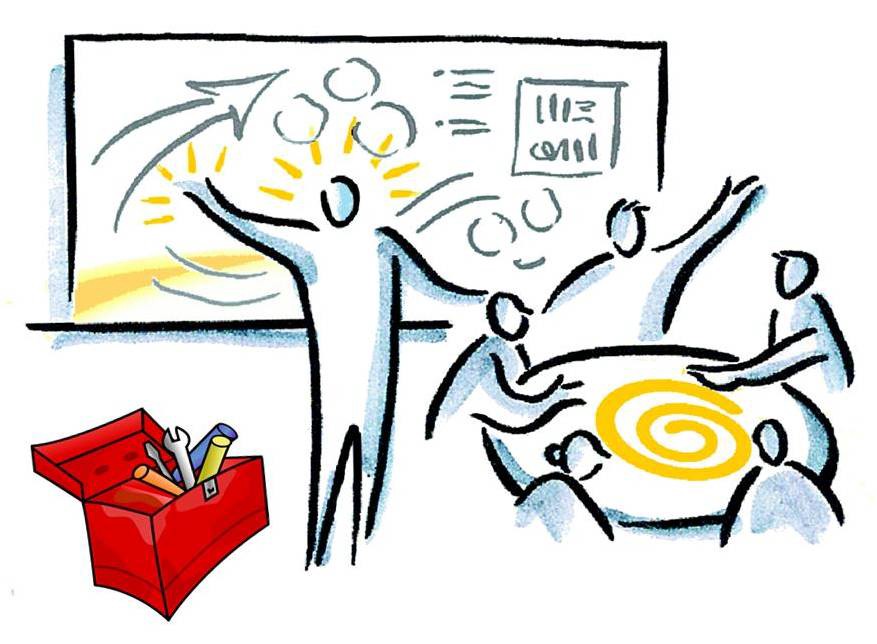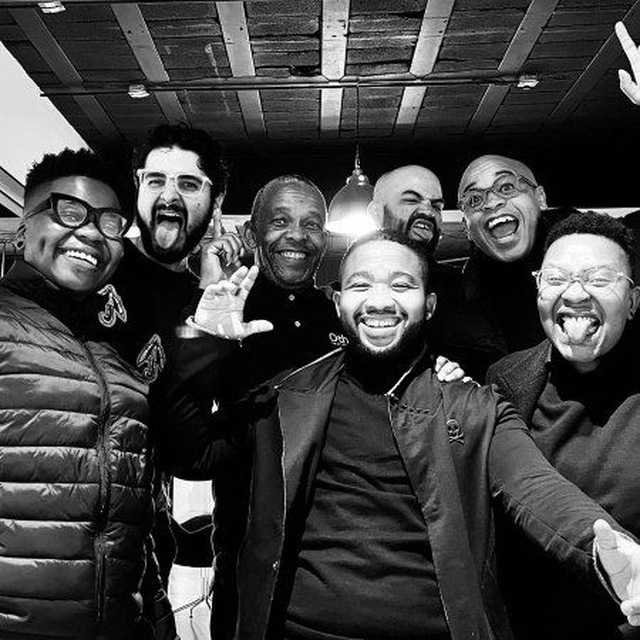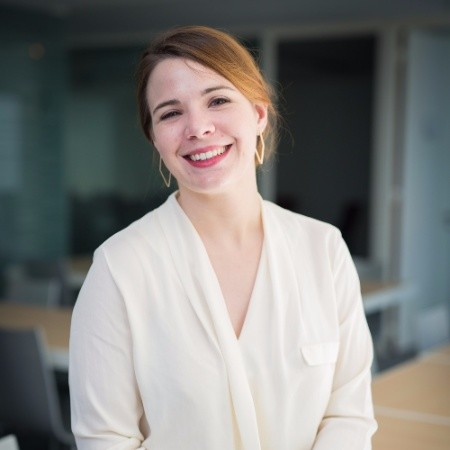Community-Driven Grantmaking: improving decisions and building trust
By Bishakha Datta at Point of View
For almost a decade, I’ve been part of a community-driven grantmaking exercise the likes of which I could never have imagined. This radical exercise started when I was a trustee at the Wikimedia Foundation, the non-profit that operates Wikipedia, today’s most widely used knowledge repository.
In 2012, the Wikimedia Foundation set up a volunteer committee, the Funds Dissemination Committee (FDC), to advise Wikimedia’s Board on how to effectively allocate approximately $6 million annually across more than 40 Wikimedia chapters around the world. At its heart, Wikipedia is all about community, contribution, co-creation, collaboration, and consensus. From the start, we were determined to live these values and use a community-driven approach to distribute funding. At the same time, we grappled with how to apply these concepts to grantmaking in practice: Would a community-driven model increase trust? Or would decisions about money lead to tensions in a volunteer-based movement?
We carefully considered the FDC’s composition and design, prioritizing diversity, accountability, and consensus. It was important for the nine-member committee to represent the diverse geographic and cultural constituencies that make up the Wikimedia movement, as well as the range of contributors, from individual volunteers to informal groups to established entities. In the end, the nine members were selected via two mechanisms: five were nominated and elected by the Wikimedia community and four were appointed by the Wikimedia Board.
Then came implementation. How would nine members coming from different parts of the world, with diverse life experiences, perspectives, and priorities, ever agree on who and how much to fund? We addressed this by creating a structured consensus-building process that included asynchronous proposal vetting, regular online discussions, funding limits, quantitative tools to measure and reduce variance across individual allocations, and an in-person meeting to make final decisions collectively.
To reach consensus, the FDC used a tool called the Gradients of Agreement. Designed for community work, this brilliant tool enables groups to make collective decisions by breaking the yes/no binary into eight options. For example, a score of 1 means “whole-hearted endorsement,” 2 is “agreement with a minor point of contention,” 3 is “support with reservations,” and so forth, with 8 being “veto.” By offering us seven options other than a veto – an absolute no – the gradients enabled us to move towards consensus. We also established a complaints process to give the broader Wikimedia community a mechanism to raise any concerns about funding decisions.
What does community-driven grantmaking achieve? I think its true value lies in bringing multiple perspectives and factors to the grantmaking table, which are often beyond the scope of an individual decision maker. As a member of Wikimedia’s FDC, I occasionally changed my recommendation after hearing another perspective and considering factors or contexts that hadn’t occurred to me. Collective decision making also helps us make tough decisions, like significant funding cuts, that may be unpopular but necessary. Finally, it pushes us to hold ourselves accountable to movements through publicly available funding recommendations, which can be dissected, critiqued, and challenged.
I find it encouraging that funders working in the field of human rights have included “community driven” as a grantmaking principle. In philanthropy today, community-driven grantmaking remains the exception rather than the rule. It still makes some funders uneasy. When done right, with the right elements, it can – like alchemy – create a rare chemistry among its ingredients to build outcomes that are greater than the sum of their parts. Beyond solid funding decisions, collective grantmaking builds trust, community, credibility, transparency, and equity. It was hard for me to envision at first, too. Now I can’t imagine philanthropy without it.
*************
Bishakha Datta is the co-founder and executive director of Point of View, a non-profit organization based in Mumbai working on gender, sexuality, and women’s rights. She served on the board of the Wikimedia Foundation from 2010-2014 and on Wikimedia’s Funds Dissemination Committee from 2012-2018.



